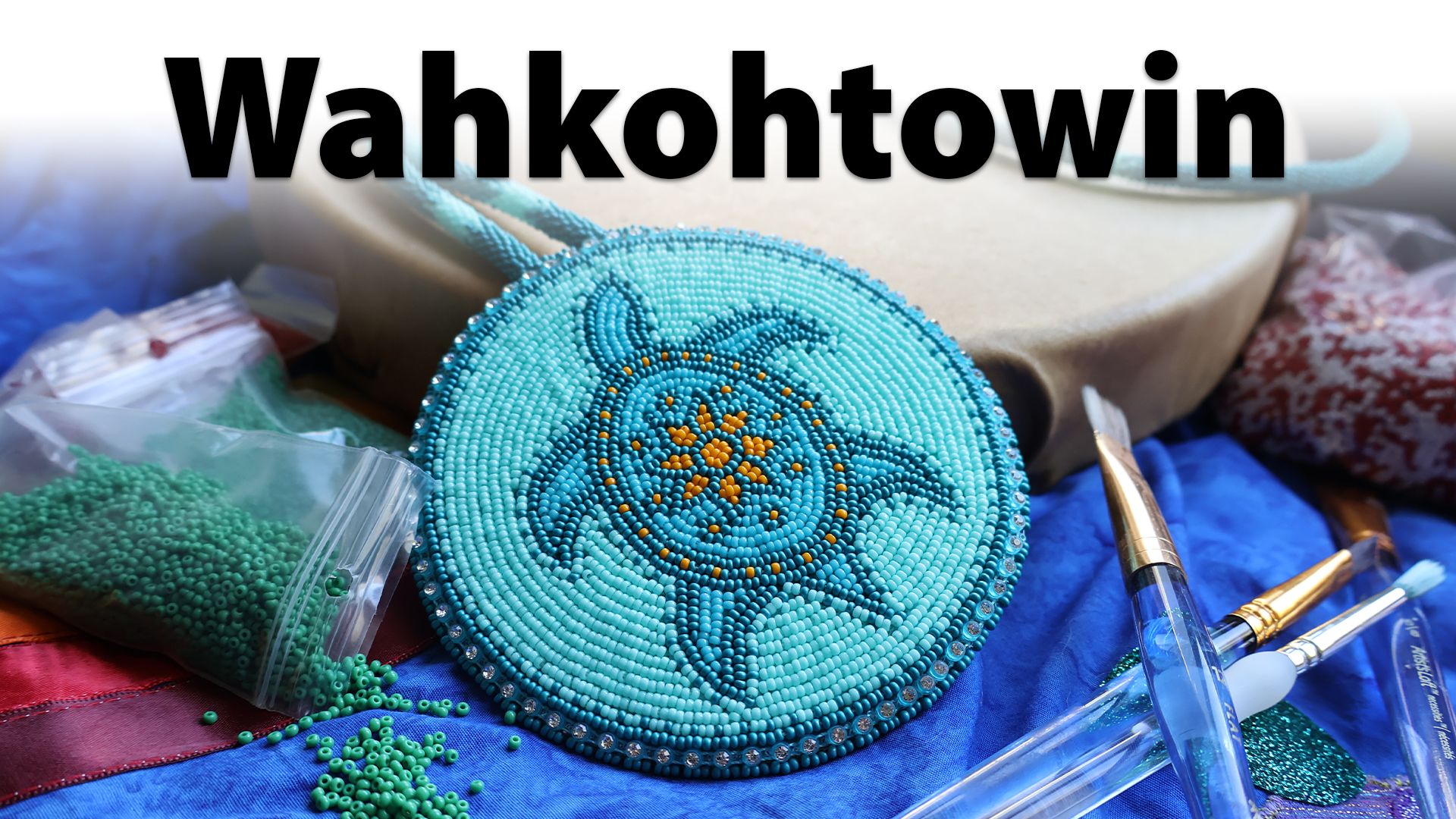
Wahkohtowin (Kinship beyond the immediate family)
Wahkohtowin (Kinship beyond the immediate family): Community-based models of care to reach and support Indigenous and racialized women of reproductive age, including pregnant women in Canada, for the prevention of congenital syphilis
Grounded in Indigenous ways of knowing and doing, this project seeks to centre Indigenous women in responding to the outbreaks of infectious and congenital syphilis, which disproportionately impact Indigenous communities. Using community-based research methodology, incorporating land and arts-based methods, Indigenous women will be engaged in the creation of a national action-oriented early intervention and prevention campaign for infectious and congenital syphilis.
By going beyond conventional responses to health outbreaks, this project will contribute to the body of Indigenous health scholarship by documenting how [w]holistic and culturally grounded responses can improve Indigenous health outcomes.
The research team will work collaboratively across disciplines and areas of expertise to respond to the syphilis outbreak among Indigenous women in non-conventional ways, including through the meaningful engagement of Indigenous women throughout the project. Land and arts-based methods will be used to co-create an early intervention and prevention campaign for syphilis aimed at young Indigenous women. As such, the objectives of this project are:
Engage young Indigenous women of childbearing age (15–24) in identifying the root causes of infectious and congenital syphilis outbreaks impacting their peers and communities.
Engage young Indigenous women of childbearing age in identifying early intervention and prevention strategies for infectious and congenital syphilis with other young Indigenous women.
Engage young Indigenous women of childbearing age using land and arts-based approaches to develop an infectious and congenital syphilis early intervention and prevention campaign aimed at other young Indigenous women.
Evaluate the pilot project of engaging young Indigenous women of childbearing age in the early intervention and prevention of infectious and congenital syphilis.

